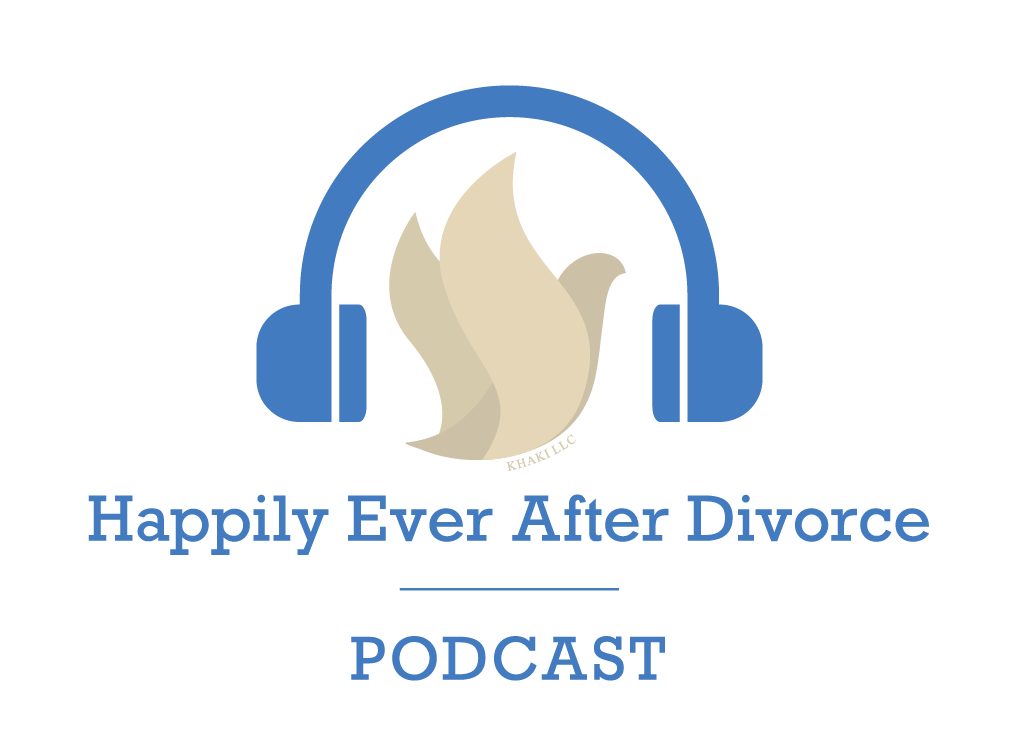How Alpharetta Courts Treat Family Violence Cases
In Alpharetta, violence or abuse in a family is defined in terms of criminal behavior. It falls under Georgia’s domestic violence or “family violence” laws, which are treated very seriously. Family violence is therefore handled both civilly and criminally.
State law requires the victim of domestic abuse to file a petition to achieve a civil family violence protective order, which would be included in the state Protective Order Registry for enforcement by local sheriffs. It would also be uploaded to the National Crime Information Center Network to promote perpetrator accountability.
What Happens when a Petitioner Changes Their Mind?
Anyone can make a report of family violence to law enforcement on behalf of themselves, another adult, or a minor. When such allegations exist, police can arrest the suspect without a warrant. Once a defendant has been criminally charged with domestic violence, neither the plaintiff nor the victim can dismiss the charges.
The court will determine whether and how to proceed with prosecution despite a victim “changing their mind,” due to the highly influenceable, vulnerable condition most victims of household abuse are in. Common defenses such as forgiveness or justification cannot be used against allegations of cruel and inhuman treatment.
When Would the Court Decide it is Unsafe for the Parties to Continue Residing Together?
When a spouse or domestic partner presents a petition requesting a protective order, an ex parte hearing is set where the judge will determine if the evidence warrants a temporary Family Violence Protective Order (FVPO). The plaintiff must prove family violence exists currently or existed in the past. If an order is granted at that time, there will be a second hearing within 30 days of the original protective order where the judge will hear both sides.
If the judge hears the evidence and decides that the couple is not safe to live together, they will issue a FVPO that will last one year, three years, or permanently. The order requires the respondent to participate in a Family Violence Intervention Program (FVIP) and specifies the limitations of the respondent’s contact with the victim, including ordering the respondent to:
- Cease the harmful behavior;
- Depart the family home;
- Pay for housing for the rest of the family;
- Pay child support or alimony;
- Refrain from harassing or interfering with the petitioner;
- Turn in any firearms;
- Pay attorney’s fees; and
- Receive psychological or psychiatric treatment.
Additionally, the judge in a local family violence case may:
- Order law enforcement to remove the respondent from the family residence;
- Distribute personal property
- Grant possession of the household to one party; and
- Award temporary custody of the minor children.
Another situation in which the court may determine that a couple is not safe to live together is when an individual is charged with a criminal offense involving an act of family violence. In this case, the charged individual may receive a criminal family violence order. The judge has great discretion in setting increased bail and restricting the contact of the charged with the victims of the violence as above. Individuals charged with domestic abuse must also enroll in in a Family Violence Intervention Program (FVIP).
Ask an Alpharetta Attorney about How Local Courts Typically Handle Family Violence Cases
One of our seasoned legal advocates has standing relationships with members of the local tribunal and can advise you on how Alpharetta courts treat family violence cases. We can help you prepare for the hearings that will be scheduled after you or your partner submit a petition for legal protection. Call our intake team to learn more.
















